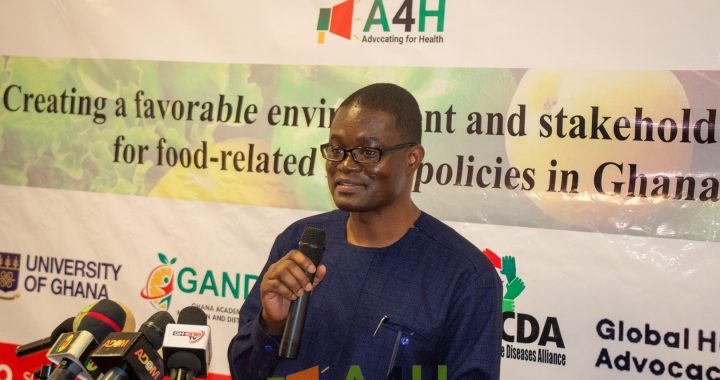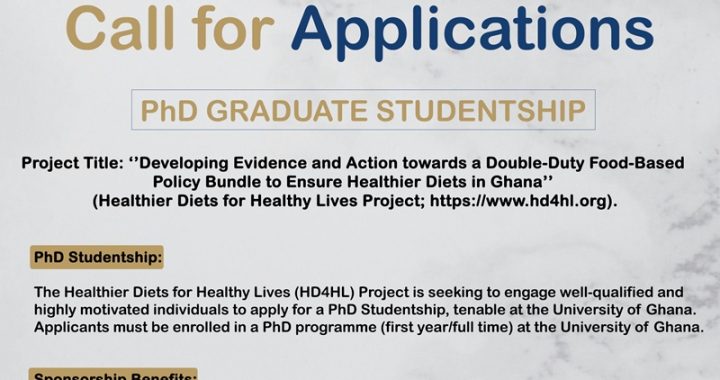The Advocating for Health Coalition (made up of academics, civil society organizations, nutrition and public health associations, as well as other coalitions such as the HD4HL Project) is advocating for policy interventions to promote public health and reduce health risks associated with unhealthy foods in Ghana.
The Coalition on February 16 2023 lauded the government of Ghana’s proposal to tax sugar-sweetened beverages (SSBs), health-harming commodities, and products – as per the Ghana Excise Duty Amendment Bill, 2022.
This was disclosed by the Coalition’s leader, Amos Laar, a Professor of Public Health Nutrition at the School of Public Health, University of Ghana, at a Press Conference organized on February 16th, 2023.
The Coalition explained that the current food environment in Ghana makes it challenging for consumers to make healthy food-related decisions that are consistent with a healthy diet. They noted that the widespread availability and affordability of unhealthy foods such as SSBs are a significant contributor to poor diets, which lead to weight gain and obesity in both children and adults, as well as other diet-related noncommunicable diseases (NCDs) such as dental cavities, type 2 diabetes, heart disease, stroke, and some cancers. The statement noted that the consequences of such phenomena are the large annual mortalities associated with their consumption.
“Poor diets are responsible for some 11 million deaths annually (with cardiovascular disease cancers and diabetes as the leading causes). What is the problem? The problem is that “we don’t eat enough healthy foods (eg whole grains, nuts, seeds, fruits and vegetables. At the same time, we consume too much of unhealthy foods e.g. sugary drinks/sweetened beverages; too much salt; too much of unhealthy fats, and too much processed meat). These contribute to about 20 deaths globally every minute”
The statement further stated that fiscal measures, including taxes, have long been recognized as a viable policy option to promote healthy diets and have proven to be a cost-effective way of preventing diseases and premature mortality. A comprehensive food-related fiscal policy (which includes SSB tax) is one of four policy interventions that the HD4HL Project is developing.
In the case of SSBs, just like Tobacco and Alcohol, the imposition of taxes will raise the prices of these unhealthy products, lessen demand, and reduce their consumption. Professor Laar noted Ghana won’t be the first or the last country to follow this fiscal path by using taxes on sugar-sweetened beverages as a public health tool to reduce their consumption and their associated health burden, as currently, over 80 countries across the globe are implementing some type of SBB taxation.
“As of May 2022, over 80 countries and jurisdictions (including subnational levels) had levied taxes on SSBs. Data from these jurisdictions that have enacted SSB taxes correlate the implementation of the tax with decreased consumption of SSBs, and a corresponding increase in purchases and consumption of untaxed healthier products (including water) as well as a good revenue stream for Government.”
The coalition also urges the Government of Ghana to adopt best practices from countries that have successfully implemented similar taxes and earmark the revenue to fund investments and programmes that contribute to health.
Source: Gideon Amevinya




